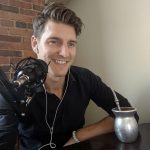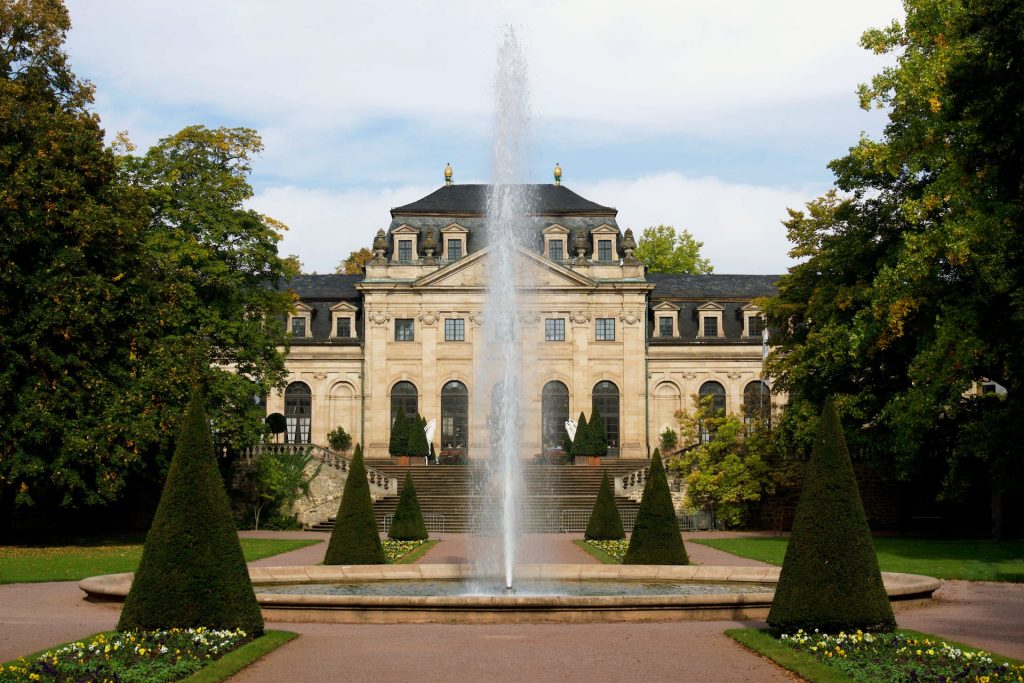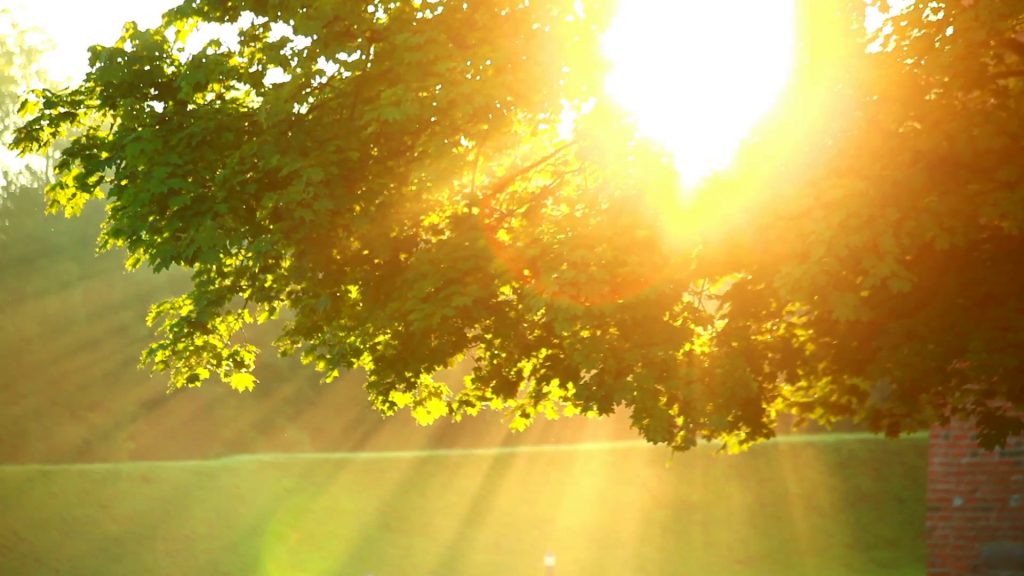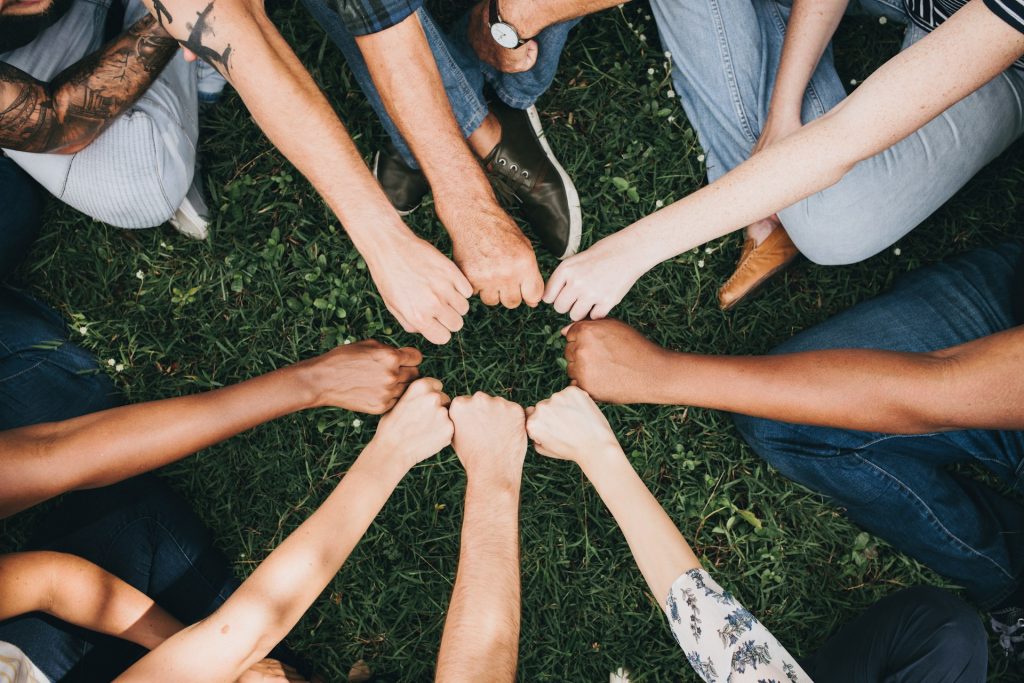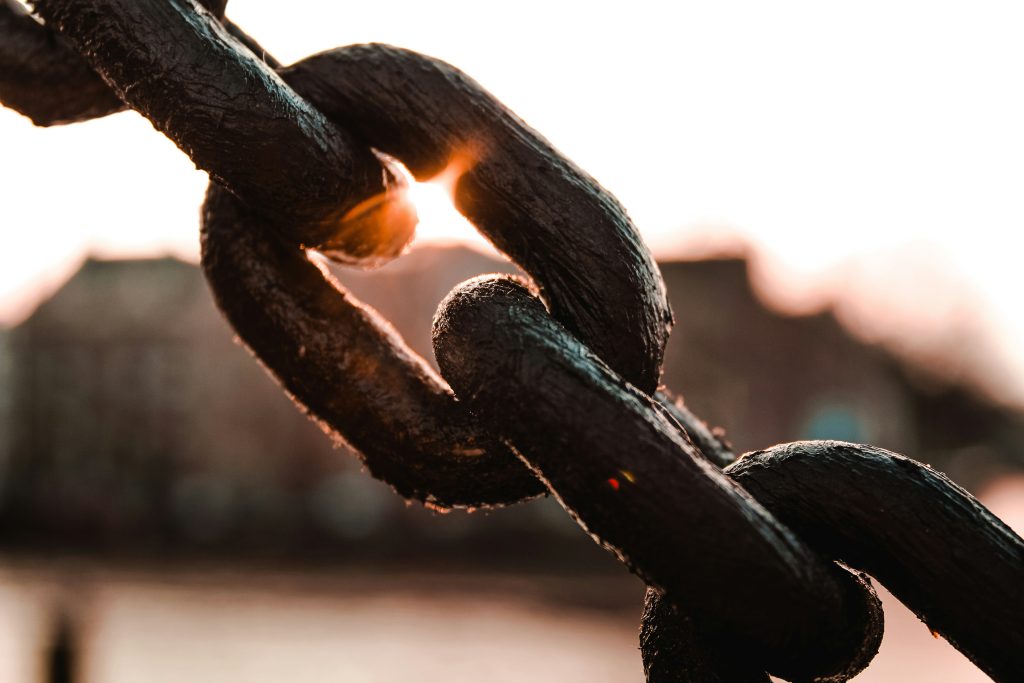greenplanet-blueplanet | Sacred Economy and Caring
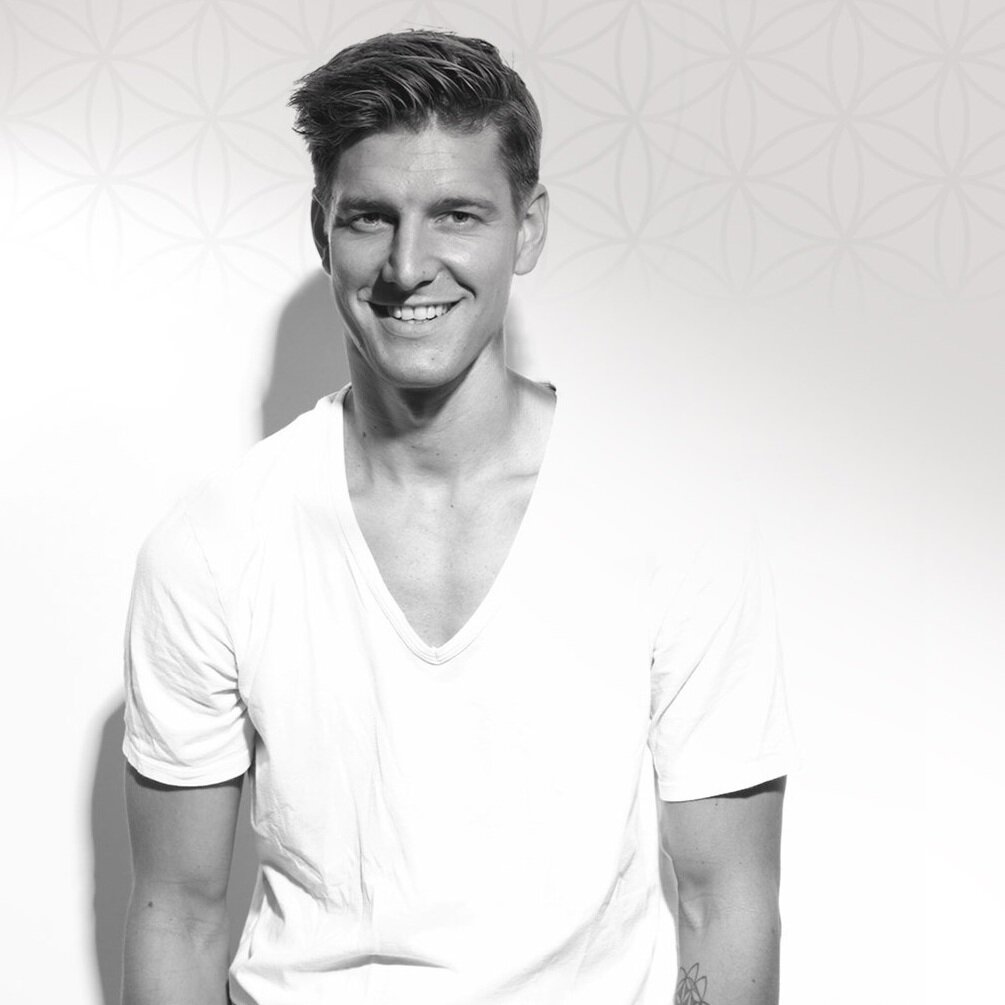
Rising Generation | Julian Guderley
I’m on a quest to identify and interview the top 500 key players in the Regenerative Movement. My podcast, GreenPlanet BluePlanet, amplifies the voices of leaders and visionary creators on a wide range of topics, including sustainability, regenerative economics, consciousness, spirituality, and symbiotic relationships.
Now more than 160 episodes in, I see that my mandate is to support the successful accomplishments of the Sustainable Development Goals (SDGs), and to inspire others to create a holistic vision for our planetary future.
Sacred Economics with Charles Eisenstein
Julian | You have written a book called Sacred Economics. What does a sacred economics look like? Because everybody talks about blockchain, everybody talks about cryptocurrencies. But when are we actually going to start using currencies to exchange an experience, or a time spent on a piece of land, or helping build a community center, or something like that?
Charles | The book, Sacred Economics, is not about abolishing money. It’s about how does money have to change to be more aligned with the principles of gift, or more aligned with a world of ecological and social healing. So, it’s about the evolution of money, not the abolition of money. And one of the key features that it needs to have is de-growth, as I call it.
The monetized realm, the realm of exchanges, the realm of transactions, the quantified realm has grown beyond what is ideal for human happiness. We pay for a lot of things that we should not be paying for, that should be part of a gift economy, that should be provided in community. It’s not that everything should be provided in a local community. Like maybe microchips—probably they are going to be produced by strangers. But as far as cooking, childcare, maybe most entertainment—people can sing together, people can play together, people can heal each other—there are so many things that can be returned to the people that have been professionalized and outsourced that would bring life into a more local, more communal, more intimate, more relational phase.
And that requires de-growth. Because every time you reclaim something into the realm of gift, community, and relationship, you’re demonetizing it. You’re saying this is no longer a good and service that a company can provide and add to GDP by doing so. Like, “We’re going to do this ourselves now.”
Celine Cousteau on Seventh Generation
Celine | Kids are extraordinary. They ask really good questions. And if we could just stop what we’re doing for a second and put our phone down and actually think about what they’re asking and answer them honestly… maybe you don’t know and you say, “you know what, let’s go talk to somebody. Let’s go look it up. Let’s go listen to somebody speak about the unconscious, or death, or the soul.” Well, then all of a sudden we have a generation of kids who are not undermined, who are not underestimated, who are deeply connected, who, hopefully, will become good human beings, which I think is a pretty good service to the planet.
Julian | I have a followup question. It goes a little broader and this is the ethos that’s really alive in me. I believe there is an expansion into a seven generational thinking required, and what I mean with that is not going back to the indigenous, but just to embrace the knowledge and the wisdom that’s on the planet. And so that preface, I would love to just ask you like, what is your Earth vision? What is your dream, your hope, your desire for Pachamama?
Celine | You mentioned seventh generations. If you look ahead that far, you start to realize that everything we do matters. I was just having lunch with a friend today, and she said, “I just don’t know that people care enough.” That’s my fear. Apathy is my fear. So I think if I have one hope, it would be that people start to care more and not worry about how much that’s going to impact them or if it’s going to hurt or if it’s going to be hard, but to not turn their back on caring.
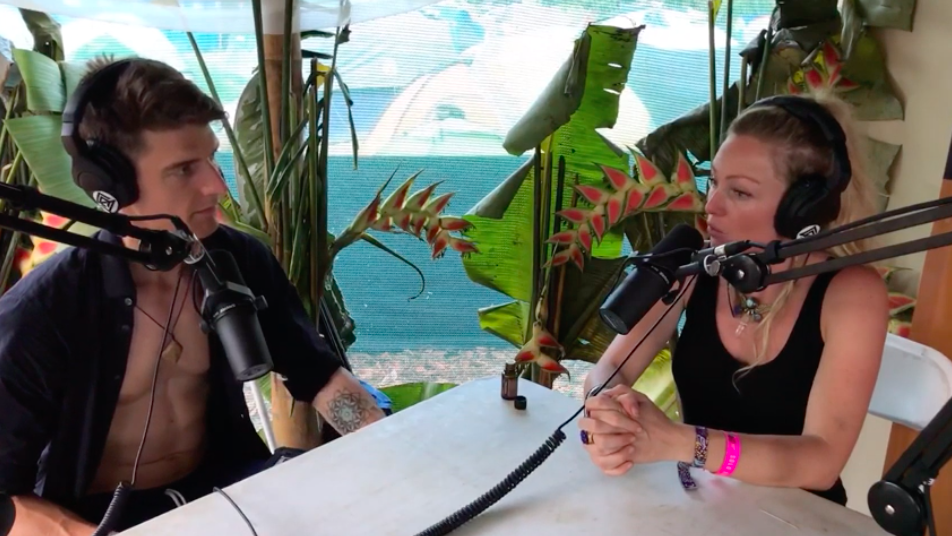
…a conversation with Julian
Kosmos | What key insights have bubbled up for you through the process of engaging in 160 conversations so far?
Julian | I have been on this journey of interviewing about three people each week for two years. I have asked people about trust, about their dream for the earth, about purpose and happiness, as well as their views on how to transform education. One recurring theme or insight is that your actions matter. What we do matters—how we show up in the world, how we connect with others in relationships, in our communities, and across the planet as a whole.
When guests answer the question about purpose, I recognize purpose is many things to many people. One constant in regards to purpose could be explained as the connection between spiritual purpose, or planetary purpose, that unites with entrepreneurship or innovation on a business, technology, or social level. When we unite this “bigger than me” experience and feeling with a form of philanthropreneurial thriving, we are set for magic.
The 2020s could serve as a golden decade in which we build and facilitate trust through peer-to-peer learning and exchanges. The most common answer to the question of “What is required for you to trust?” is along the lines of finding internal awareness, self-love, and trust in oneself. From that place we can extend and connect, create with the world around us in deeper layers of peace and trust. As Socrates said: “Know thyself”!
Kosmos | What is true wealth, in your view?
Julian | True wealth is health, well-being, access to abundance, thriving ecosystems. In other words, true wealth is expressed and lived in community, families, and relationships of friendship. Thriving ecosystems start with regenerating soil health and waterways. Also as true wealth, I believe we could see people-power being lived, embodied, and guiding us into higher states of harmony. When we look at people-power and wealth, it can easily be connected with technology and how we use peer-to-peer technology to decentralize old paradigm power structures to transfer wealth and access to abundance to every person on the planet.
Kosmos | How can people consciously prepare for the profound changes that lie ahead?
Julian | The best preparation in my eyes, for any moment in time, is to deepen the inside experience.
When life connects from the INSIDE out—rather than from the external circumstances in—our ability to respond and interact with life seems to be augmented. So, as we individually and collectively deepen our internal space, we can reflect, build, co-create, and facilitate higher harmonies. In other words, being real, and choosing a direction of optimism.
That process of getting to know myself is a practice of discipline, devotion, and self-love. My personal access tools for this have been breath, meditation, kriya yoga, qi gong, and song.
And let me say: find your tribe, find your community and participate. When we are surrounded by community members that see us and hold us in our power and strength, and have our back in our blind spots and weakness, we can truly embody the human superpower of collaboration.
Last but not least, a great pathway forward to consciously prepare for profound changes in our times can be planetary innovation labs in various locations around the world. These are places where those who do the inside world meet their communities and peers of genius to create, innovate, and reinvent the way we live life on Planet Earth.
Website: https://www.greenplanet-blueplanet.com/
YouTube: https://www.youtube.com/julianguderley
LinkedIn: https://www.linkedin.com/in/julianguderley/
Instagram: https://www.instagram.com/julianguderley/
InsightTimer: https://insighttimer.com/greenplanetblueplanet
Facebook GreenPlanet BluePlanet: https://www.facebook.com/GreenPlanetBluePlanet/


